Search
Search within Environmental Disasters
123 results found
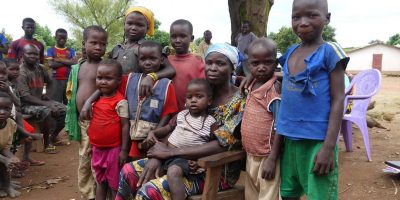
Evidence Reviews
A Practitioner’s Guide for Facilitating People Centred Adaptation: Participatory Adaptation Handbook
This book has been compiled by a group of practitioners from South Africa, Ethiopia and Germany, and draws on our collective experiences in supporting local communities in adapting to increasing climatic variability and change. The authors have written this book…
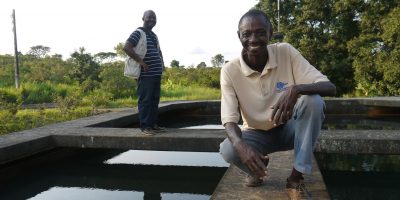
Background Reports
Seasonality of Cholera from 1974 to 2005: A Review of Global Patterns
The seasonality of cholera is described in various study areas throughout the world. However, no study examines how temporal cycles of the disease vary around the world or reviews its hypothesized causes. This paper reviews the literature on the seasonality…
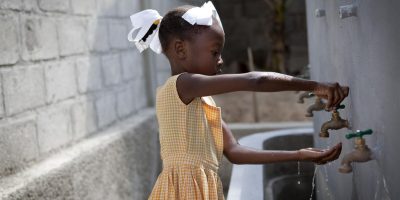
Background Reports
Environmental Determinants of Cholera Outbreaks in Inland Africa: A Systematic Review of Main Transmission Foci and Propagation Routes
Cholera is generally regarded as the prototypical waterborne and environmental disease. In Africa, available studies are scarce, and the relevance of this disease paradigm is questionable. Cholera outbreaks have been repeatedly reported far from the coasts: from 2009 through 2011,…
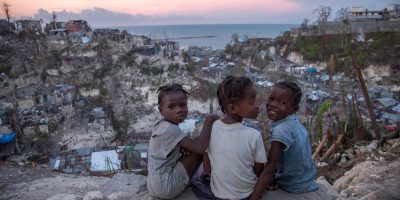
Briefings
Foresight Papers
Hurricane Matthew: Haiti Needs Vaccines to Stop Deadly Cholera Spreading
9,000 people died in Haiti’s last cholera outbreak. We must act fast in disaster-affected hotspots to help prevent history repeating itself.
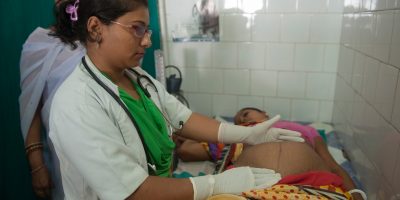
Briefings
Is the Health System Response Out of Sync with the Demands of the Islanders in the Indian Sundarbans?
Five years ago, a mid-summer nightmare named Aila crashed on the Sundarbans with murderous fury and wreaked destruction beyond repair. On May 25, 2009 the tropical cyclone hit the Sundarbans in India and Bangladesh with a wind speed of 110…
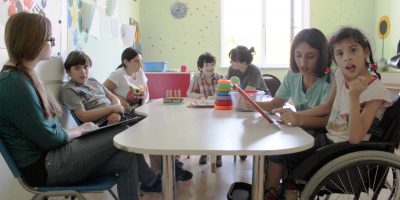
Briefings
Looking Beyond Prosthetics? Including People with Disabilities in Emergency Relief Efforts
As the rapid response briefing on “Including people with disabilities in emergency relief efforts” from IDS shows, emergencies have a disproportionate impact on those already marginalised by society, including people with disabilities and their families. For example, people with disabilities are…
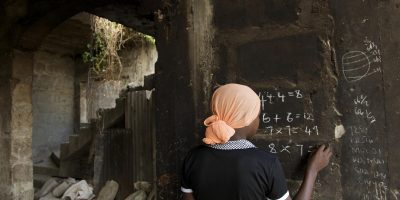
Briefings
Myths and Realities in Disaster Situations
In this resource, the World Health Organization debunk common myths relating to disaster situations and suggest further reading.
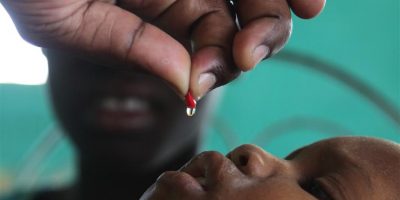
Background Reports
Rapid Monitoring in Vaccination Campaigns during Emergencies: The post-Earthquake Campaign in Haiti
The earthquake that struck Haiti in January 2010 caused 1.5 million people to be displaced to temporary camps. The Haitian Ministry of Public Health and Population and global immunization partners developed a plan to deliver vaccines to those residing in…
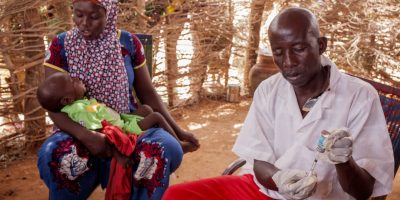
Background Reports
Ethical Considerations for Vaccination Programmes in Acute Humanitarian Emergencies
Humanitarian emergencies result in a breakdown of critical health-care services and often make vulnerable communities dependent on external agencies for care. In resource-constrained settings, this may occur against a backdrop of extreme poverty, malnutrition, insecurity, low literacy and poor infrastructure.…
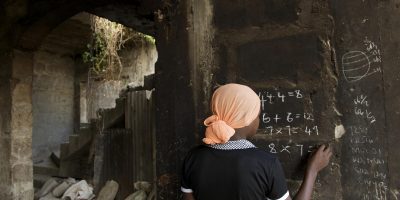
Ethics in Epidemics, Emergencies and Disasters: Research, Surveillance and Patient Care: Training Manual
The training manual has two parts. Part 1 covers ethical issues in research and surveillance, such as conflicts that might arise between the common good and individual autonomy, ethics oversight and publication ethics. Part 2 covers patient care, including triage,…
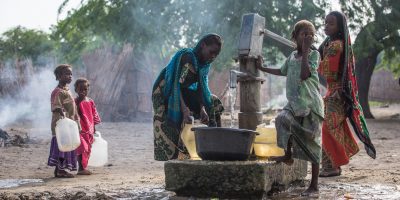
Foresight Papers
WHO’s Six-Year Strategic Plan to Minimize the Health Impact of Emergencies and Disasters: 2014-2019
Every year hundreds of millions of people worldwide are affected by emergencies and disasters1 due to natural and man-made hazards. These events often have devastating impacts on human health, causing hundreds of thousands of deaths, and illness and injury for…
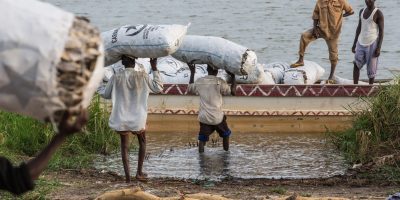
Evidence Reviews
Lessons Learned on Health Adaptation to Climate Variability and Change: Experiences Across Low- and Middle-Income Countries
Climate variability and change are exacerbating many current climate-sensitive health outcomes and have the potential to affect the ability of health system institutions and organizations to maintain or improve health burdens in the context of changing climate and development patterns.…


